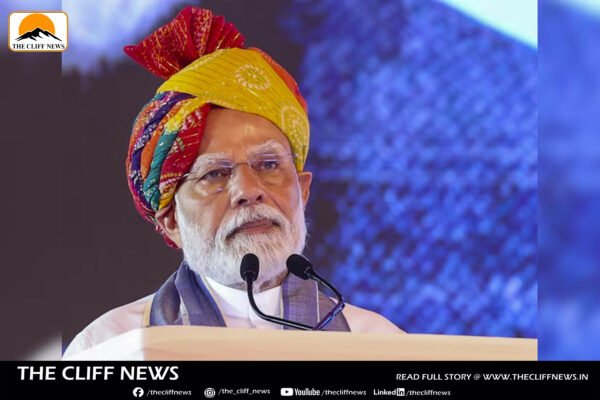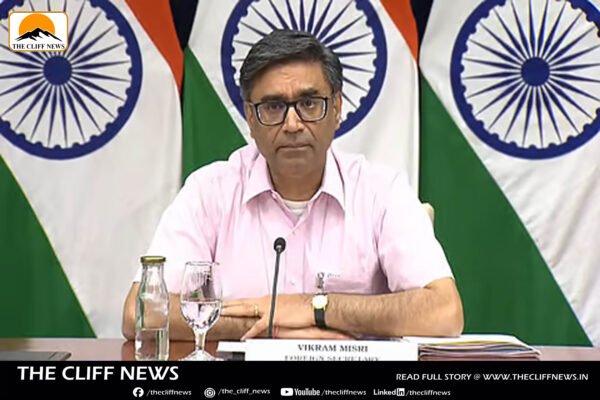Liverpool Crowned Premier League Champions; Mohamed Salah Breaks International Goal Record
Liverpool clinched the Premier League 2024–25 title in emphatic style on Sunday, thrashing Tottenham Hotspur 5–1 at Anfield in manager Arne Slot’s debut season. Former Liverpool player Dominic Solanke gave Spurs an early lead in the 12th minute, but the Reds hit back almost immediately through Luis Díaz (16’), followed by quick goals from Alexis Mac Allister (24’) and Cody Gakpo (34’) to make it 3–1 at halftime. In the second half, Mohamed Salah scored Liverpool’s fourth in the 63rd minute, sealing both the match and the title in front of a jubilant Kop. A Destiny Udogie own goal in the 69th minute capped off a dominating 5–1 victory. Salah’s Historic Night Salah’s goal saw him overtake Sergio Agüero to become the highest-scoring international player in Premier League history. The Egyptian also strengthened his position at the top of the Golden Boot race. After scoring, Salah sprinted toward the Kop stand and clicked a selfie with the fans — a moment that quickly went viral online. Salah later shared the photo on his social media platforms. Speaking after the match about his role under Arne Slot compared to Jürgen Klopp, Salah said: “You can see the numbers. Now I don’t have to defend much. The tactics are quite different. I said ‘as long as you rest me defensively, I will provide offensively,’ and I’m glad that I did. He listened, and you can see the results.” “When you play in the Premier League you have to defend, but I said that I can gamble and somehow make a difference. My number of assists shows that you can create chances as well.” Historic Milestone This marks Liverpool’s second Premier League title after their 2019–20 triumph, and their 20th English top-flight title overall, drawing them level with Manchester United for the most in history.










